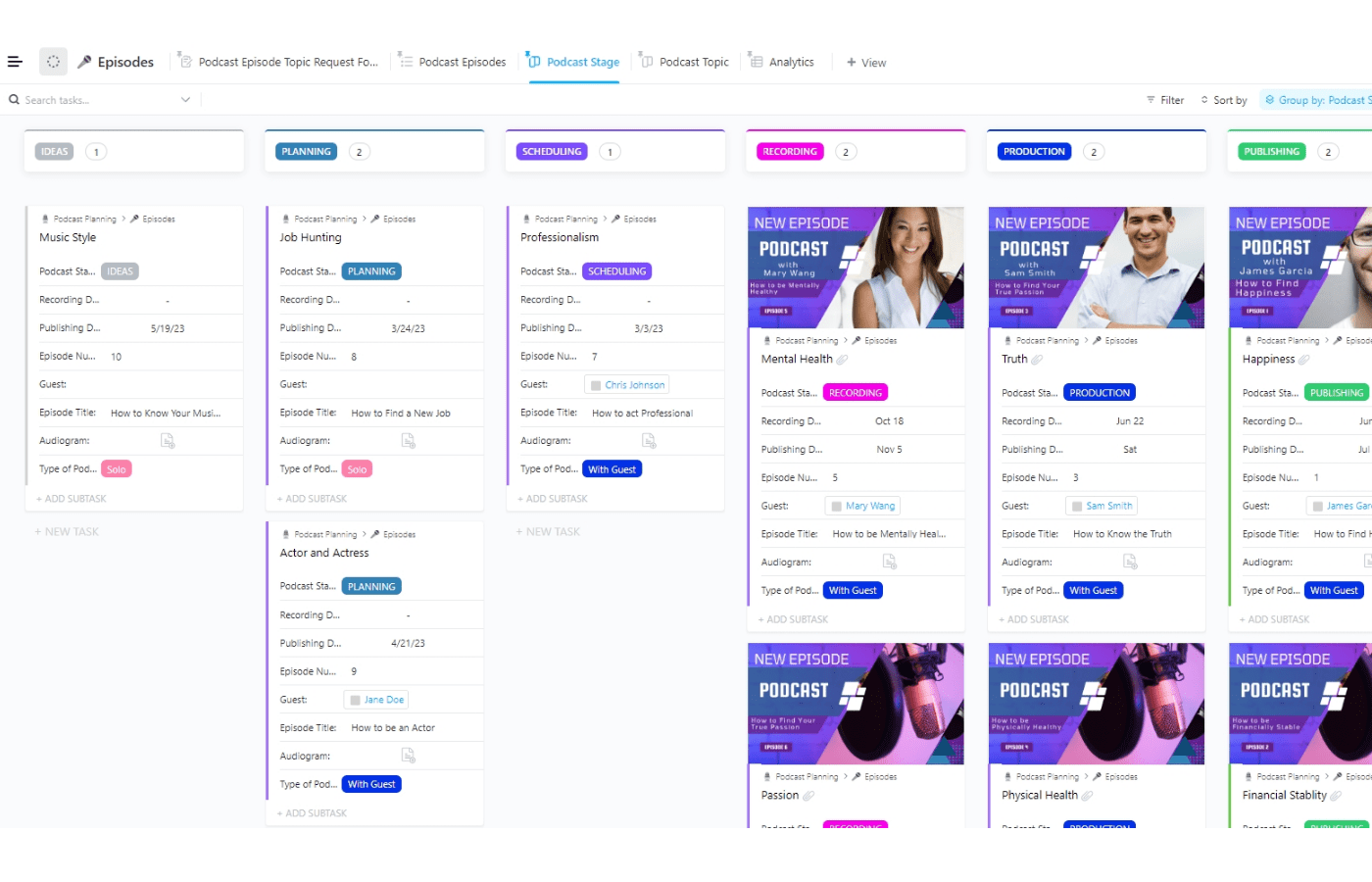
Knowledge Management (KM) in the realm of project management necessitates a programmatic methodology that brings together individuals, procedures, tools, and, undeniably, knowledge, to gratify project managers’ requirements for information.
Project managers, working on multifaceted, critical, and expensive ventures need reliable and appropriate information to perform their tasks. Knowledge management guarantees the obtainability of such information.
In project management, present state information mirrors the status and progress of dynamic projects and procedures. Whereas, process information mirrors the manner in which a procedure is executed. Knowledge management addresses both present state and process information.
According to
this study, almost 50 percent of the companies surveyed have some kind of knowledge management system employed at the corporate level, while in
this study 31 percent of the organizations are in the course of developing one.
Knowledge Management: Key to Effective Project Management
The corporate purpose of organizing project management knowledge is to empower companies to unswervingly execute projects productively. Hence, knowledge management makes sure that the right means are accessible with the right skills and information.
If executed correctly, knowledge management can lead to abridged outlays, augmented profits, amplified productivity, and the accomplishment of your other corporate goals. Some of the key benefits of knowledge management include:
- tackling the “gray ” circumstances with better assurance
- boosting better teamwork among workers
- recognizing finest practices
- refining the capability for product and process novelty
- snowballing the capabilities of current workers
- diminishing the adverse influences of worker turnover
- reacting economically to speedily altering situations
Now that you’re convinced of the abundant benefits that knowledge management has to offer, you’d want to know how to employ knowledge management tools and techniques to your project management practices.
Here’s how project managers like you can use knowledge management for effectively managing their projects:
1. KM is a tool to embrace change and manage it
We all know that change is continuous in our lives. It holds true for project management as well. This is why
Project Management Institute (PMI) suggests that project managers must be prepared to embrace and manage changes.
In case of huge transformation ventures, it is essential to assimilate many knowledge bases in these ventures. For such ventures, information amalgamation hinges on the capacity of the individuals involved to identify with one another, share and capture outcomes and information resources that have been established in the venture, and regulate them with the speed of other aspects of the venture.
Thus, knowledge management tools can help project managers in creating and maintaining a large knowledge database to ensure that every employee is on the same page and all policies and codes regarding a process are transparent.
Some common methods of knowledge sharing with respect to project management include knowledge base access via dedicated tools, trainer-led and self-paced courses, workshops, training, peer-to-peer interactions, and work-related practical learning.
2. KM can help in maintaining and preserving corporate knowledge
Downscaling, mergers, and acquisitions are common practices when it comes to project management in companies. Using a knowledge management system can help employees combine their distinct offerings to those of the goals of each program or venture in addition to the planned aims of the business.
For instance, ponder over the number of mergers between businesses that previously were opponents, the tactical associations that may be shaped between opponents to chase a prospect, the maturing staff, and the rapidity of fluctuations in technology, the worldwide situation in which we all work, and the huge number of various stakeholders who are linked with the projects. These are just some of the challenges we encounter.
With downscaling, for instance, as workers are required to depart, their information resources also depart with them. Without a knowledge management system employed to captivate information resources, along with rehiring in future, companies will have to start rebuilding these information resources complicating the learning curve for fresh workers.
Thus, project managers can use formal and informal methods to encourage employees to share knowledge. While formal methods such as official training, boardroom meetings and seminars can seem intimidating, informal ways such as chit chat over a cup of coffee or discussions via social media can help in breaking the ice among new and senior employees. However, employees will need assurance and permission of their project managers to indulge in such informal methods.
3. KM can improve your decision-making and customer service
Without an operative and consistent knowledge management system, it becomes quite problematic to make superior decisions in an opportune manner and to offer solutions to consumers that stimulate novelty and revolution.
In the cutting-edge corporate world today, a monotonous methodology cannot be used. It needs more than just a mutual language to communicate among project contributors or typical project management procedures. Employees must incessantly concentrate on sharing what they are already aware of and what they’re presently doing on the task.
For improved efficiency, individuals must comprehend ways to nurture this atmosphere of knowledge sharing. Hence, knowledge sharing is no longer a static way of assimilating knowledge sources waiting to be used. It is a forceful practice established in social surroundings.
Therefore, project managers should come up with ways that encourage communication and collaboration among employees. One strategy to promote cross-team interactions and inter-functional problem-solving is to engage members from different departments to work on a project together. Another method could be job rotation so that rotating employees bring with them new departmental knowledge.
Final Thoughts
Knowledge management supports performance development and nurtures the competitive streak among organizations. Project management mainly focuses on valuable information, and it calls for proficient project managers who have the right knowledge wherever and whenever they need it.
The operative project management knowledge sharing solution balances tools, procedures, and persons to gratify the requirements of the business. It provides valuable knowledge when and where it is desired and focuses on both open and implicit information.
Implementing a knowledge management solution effectively involves cultural and structural alteration, operative tools, and a developing process that addresses interactive, technical, managerial, and methodical concerns.
 Knowledge Management (KM) in the realm of project management necessitates a programmatic methodology that brings together individuals, procedures, tools, and, undeniably, knowledge, to gratify project managers’ requirements for information.
Project managers, working on multifaceted, critical, and expensive ventures need reliable and appropriate information to perform their tasks. Knowledge management guarantees the obtainability of such information.
In project management, present state information mirrors the status and progress of dynamic projects and procedures. Whereas, process information mirrors the manner in which a procedure is executed. Knowledge management addresses both present state and process information.
According to this study, almost 50 percent of the companies surveyed have some kind of knowledge management system employed at the corporate level, while in this study 31 percent of the organizations are in the course of developing one.
Knowledge Management (KM) in the realm of project management necessitates a programmatic methodology that brings together individuals, procedures, tools, and, undeniably, knowledge, to gratify project managers’ requirements for information.
Project managers, working on multifaceted, critical, and expensive ventures need reliable and appropriate information to perform their tasks. Knowledge management guarantees the obtainability of such information.
In project management, present state information mirrors the status and progress of dynamic projects and procedures. Whereas, process information mirrors the manner in which a procedure is executed. Knowledge management addresses both present state and process information.
According to this study, almost 50 percent of the companies surveyed have some kind of knowledge management system employed at the corporate level, while in this study 31 percent of the organizations are in the course of developing one.





